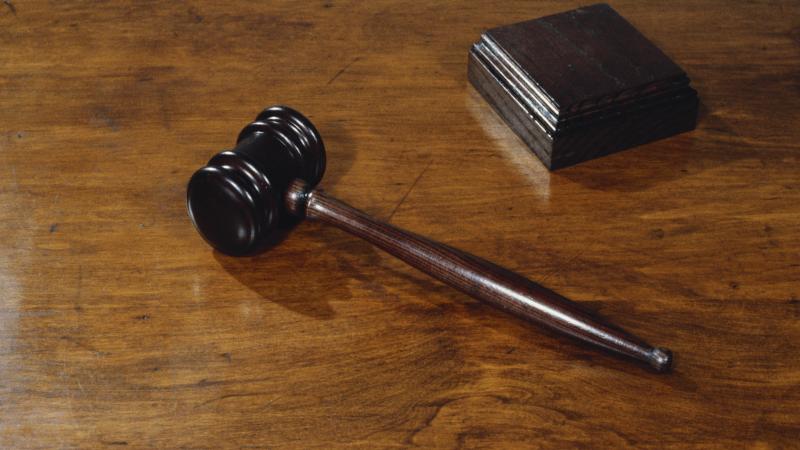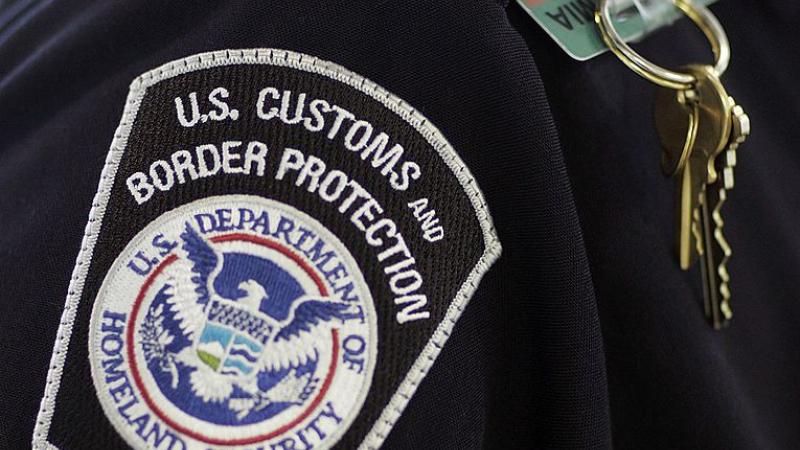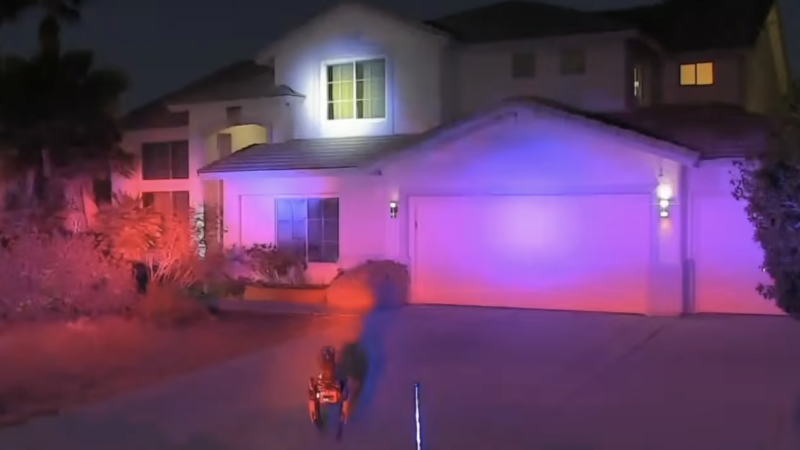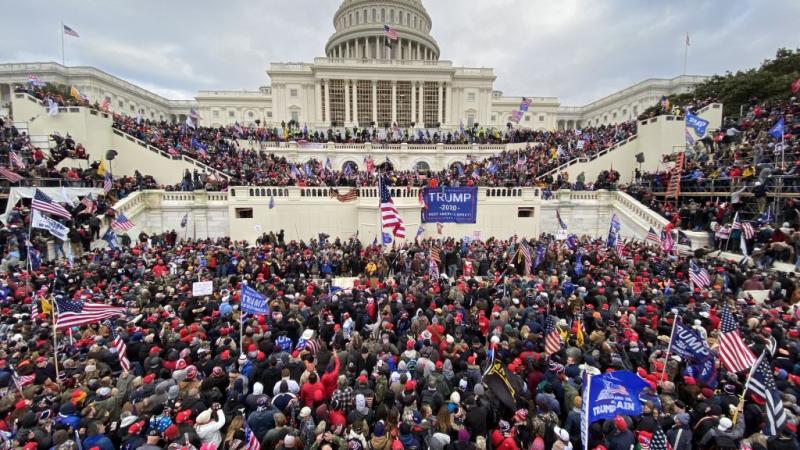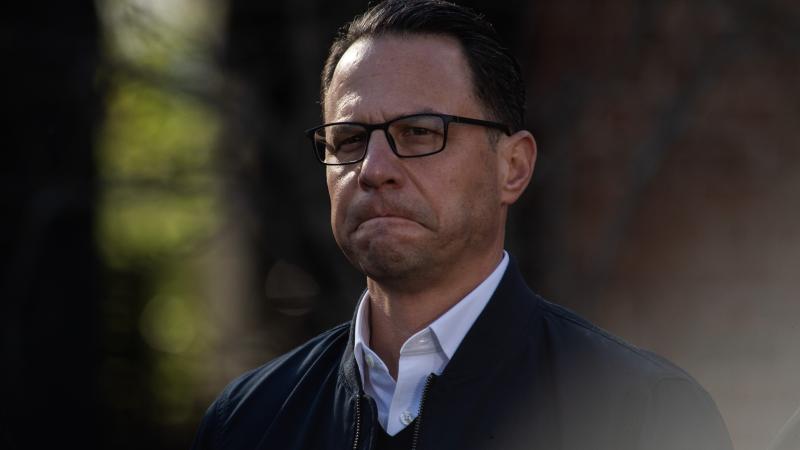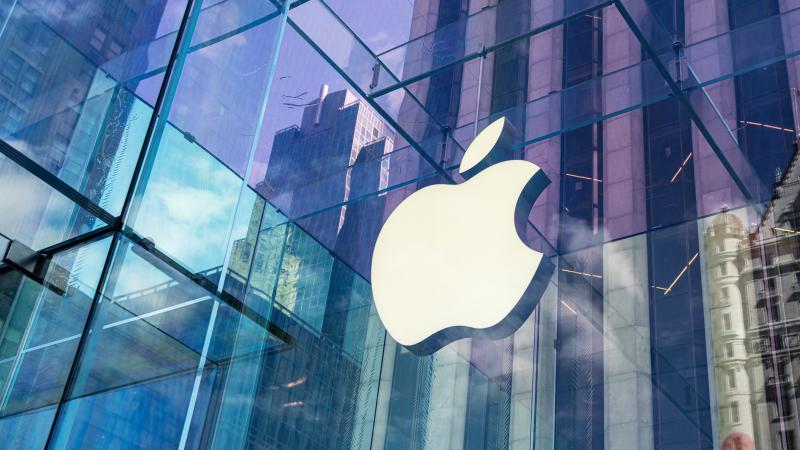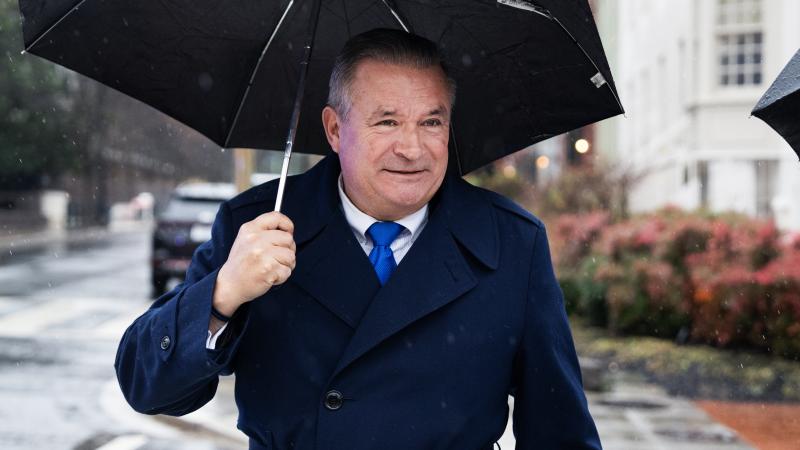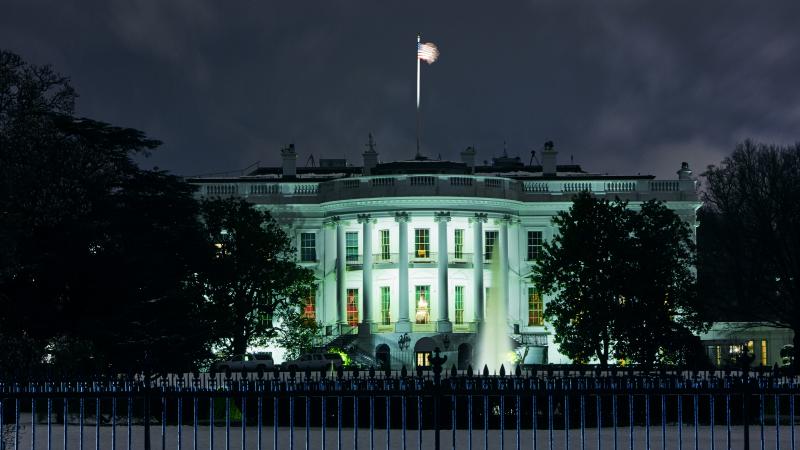NY jury finds Trump guilty on all 34 counts in criminal hush money trial, sentencing set for July
Case centered on whether Trump falsified business record to conceal a hush money payment to porn star Stormy Daniels
Former President Donald Trump was found guilty Thursday by a New York jury on all 34 counts of falsifying business records during his 2016 presidential bid to conceal a hush money payment to porn star Stormy Daniels to keep quiet an alleged sexual encounter with her.
Trump, who also is the 2024 presumptive GOP presidential nominee, now becomes the first U.S. president to be found guilty of felony crimes.
"This was a disgrace. This was rigged trial," Trump said after the verdict was read. He also said the real verdict will come during the November presidential election.
Judge Juan Merchan has sent a sentencing date of July 11.
The trial has largely dominated news media coverage since it began April 15 and has largely become a central focus of the 2024 presidential election between Trump and his incumbent Democrat President Joe Biden.
Trump was formally charged in April 2023 by New York District Attorney Alvin Bragg.
On Tuesday, prosecutors, in final arguments, laid out the theory of their case, that Trump falsely classified the payment to fixer Cohen, who gave the money to Daniels, as attorney’s fees.
Bragg charged Trump with falsifying business records, in the first-degree, because of this alleged misclassification.
The central payment is $130,000 from Trump to Cohen, who allegedly paid Daniels from his own funds, then sought reimbursement. The prosecutors say the payment was part of a conspiracy to help Trump win the 2016 presidential election by burying potentially damaging information.
Trump's lawyer argued the non-disclosure agreement with Daniels was “perfectly legal” and that it would be difficult to say the payment to Cohen was a reimbursement for the hush money, considering he was paid more than the money he provided to Daniels.
Todd Blanche, Trump’s lead defense lawyer, spent his closing argument highlighting what he considered the 10 reasons why the jury should have reasonable doubt that Trump is guilty of the charges. Blanche focused heavily on Cohen’s credibility, considering he has already pleaded guilty to tax and campaign contribution violations.
The prosecution spent most of its time in closing arguments rehashing the case that it presented to jurors during the trial, highlighting witness testimony and documents and explaining its charge, that the entire case centers around a “conspiracy and a cover up” to “corrupt the 2016 election,” and reiterating that the case is about Trump’s actions, not Cohen’s.
"This case is not about Michael Cohen. It's about Mr. Trump and whether he should be held accountable for making false business entries in his own business records. Whether he and his staff did that to cover up election interference," prosecutor Joshua Steinglass told the jury.
The jury appeared to have bought the prosecution’s arguments that Trump had knowledge of the payment and directed it and false records entries.
